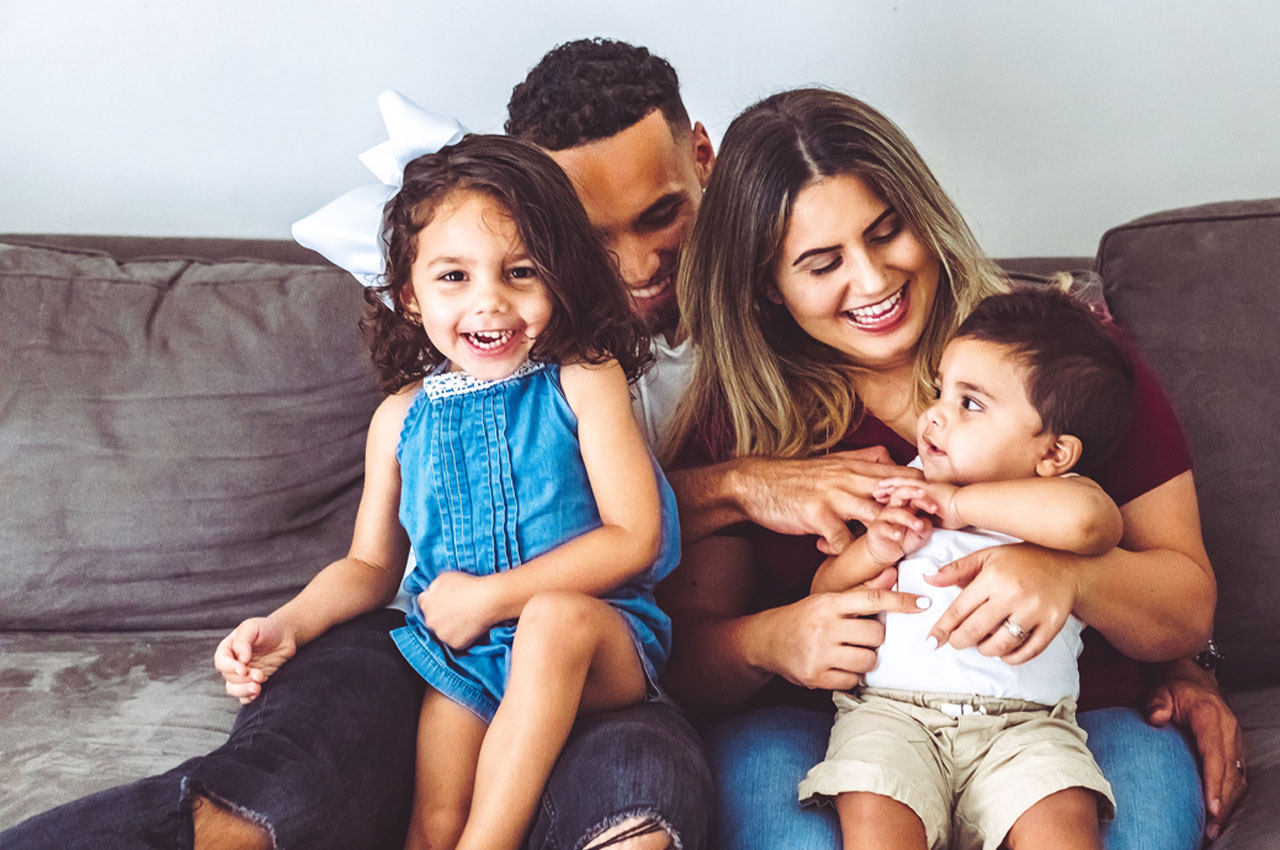Consider Us Part of Your Foster Family
As your medical home and Every Step clinic, we’re here to support the health and well-being of children and youth in foster care. Foster youth face unique physical, emotional, and social challenges, including additional trauma from multiple placements.
Contact Our Foster Youth Care Coordinators
Metro Pediatrics has dedicated foster youth care coordinators to help make sure foster families get the specialized support and family services they need. We understand how special circumstances can affect household members when it comes to medical needs, and we want to be the resource that supports families. If there’s anything we can do to make foster parenting any easier, please get in touch:
Jennifer Wallingford, BS
503-468-5589
[email protected]
Lori Salyers, LPN
503-486-7040
[email protected]

Foster Family Services
- Coordination of care with caseworkers + medical, dental, and behavioral health services
- Transitional support for youth aging out of foster care
- Staff and providers who are trained in trauma-informed care
- Support for biological and adoptive families
- 24/7 nurse advice + support
- Weekend appointments for well-child, illness, and injury visits
- 6 pediatric clinics in the Portland metro area
Check out all of Metro Pediatrics care services.
As a Metro Pediatrics patient, please contact us for illness or injury support before going to an urgent care clinic. For any life-threatening emergency, call 911.
Keep Us Informed About Your Foster Child
If you have a foster child in your home, please let us know and share the following information with your primary care provider (PCP):
- The child’s DHS Child Welfare caseworker name and contact information.
- Placement letter provided to you by DHS Child Welfare.
- Any medical information you received when the child was placed with you, including any current concerns, medications, or allergies. If you were not provided this information when the child came to your home, you can request it from their caseworker.
- Any patterns or behaviors you have noticed since the child was placed with you, especially regarding sleeping, eating, toileting, and adapting to your family. If the child was being seen by a different provider, please provide the name of the provider and clinic.
- If the child was hospitalized prior to being placed in your home, bring the hospital discharge summary with you.
- Ask your provider for an after-visit summary (AVS).
Caring for Youth in Foster Care
Kids in foster care should have well exams and other important care at the following ages and frequencies:
Comprehensive health evaluation within 30 days of placement, plus a follow-up visit within the next 60 days. Dental exam and cleaning within 30 days of coming into care.
Monthly visits with your Primary Care Provider (PCP)
Primary Care visit every 3 months
Early Intervention Screening within 60 days of coming into care.
Appointment every 6 months and during times of major change, such as a change in placement or reunification.
Mental Health Assessment within 60 days of coming into care.
Foster Family Resources
There are many sources of information and support for foster families. Here are some services and connections in the foster care field that we recommend:
- Oregon Foster Children’s Bill of Rights
- Oregon Foster Parent Bill of Rights
- Foster Parent Resource Guide (DHS)
- Parenting a Child Who Has Experienced Trauma (Child Welfare Information Gateway)
- Adoption.com offers foster parent training and education, including books, newsletters, articles, and online training.
- ChildTrauma Academy works to improve the lives of high-risk, vulnerable children through direct service, research, and education.
- FosterClub is a national network for young people in foster care. It provides young people in foster care an opportunity to connect and gain support from their peers. The nonprofit organization also provides online training and resources for foster parents.
- Oregon Post Adoption Resource Center (ORPARC) provides services for Oregon DHS adoptive and assisted guardianship families. Services include information, assistance, referral, in-depth consultation, advocacy and support, and parent education and training. Foster parents and relative caregivers are also welcome at ORPARC trainings.
- ORPARC Library – The ORPARC also has a wonderful online lending library that is free to use for Oregon foster, relative, pre-adoptive, guardianship, and adoptive parents.



